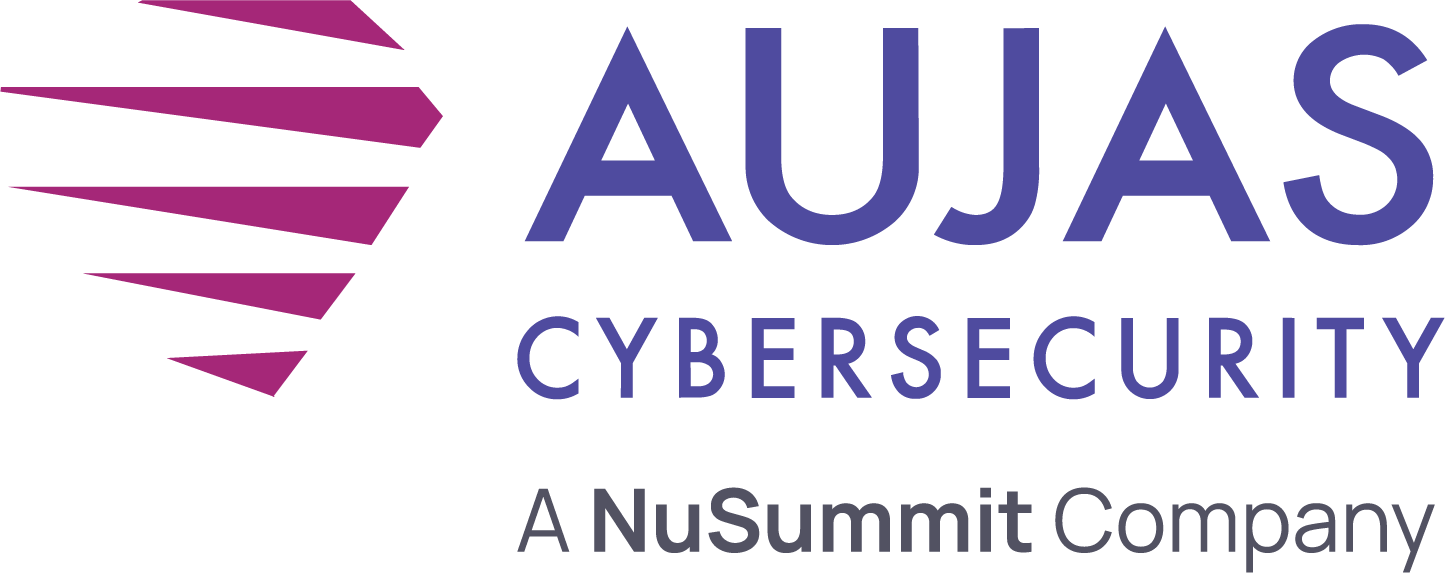 The United Nations advocates making “Right to Internet Access” a human right, one which countries such as Estonia, France, Finland, Greece and Spain have already implemented. This got me thinking about how we would look at “Right to Internet Use”, e.g., social networking.
The United Nations advocates making “Right to Internet Access” a human right, one which countries such as Estonia, France, Finland, Greece and Spain have already implemented. This got me thinking about how we would look at “Right to Internet Use”, e.g., social networking.
We all know the power of social networking, its adaption and growth. According to Facebook, more than 500 million users spend over 700 billion minutes per month on the site. However, not many of us could have imagined its impact on reshaping the political landscape of countries. Perhaps the most talked about example is that of a 26-year-old woman, worried about the state of her country, who wrote on Facebook, "People, I am going to Tahrir Square". The message soon snowballed into a movement to oust Egyptian President Hosni Mubarak. As another example, China’s reaction to what is called the “Jasmine Revolution” was swift, with filtering and monitoring on popular social media websites and services.
The buzz is about the CSM (Cloud, Social Media, Mobile) phenomenon which is reshaping the Internet world. It’s already established that social networking has overtaken search as the primary reason for users to access the Internet. Facebook has more than 200 million active users who use mobile for access, and these users are twice as active as non-mobile users.
Consumerization of the Enterprise, combined with the CSM phenomenon and recent political events, make me feel that this is not just about adaption of new technologies but more about changes and impact on the history of mankind. It’s not just about using new technologies and models to provide better services at lower cost to a larger user base. It’s about a medium to communicate, participate and influence changes in the world.
One can think of several positive and negative uses of this phenomenon. If used well, it can bring about necessary changes and revolutions. But it can also be used to spread panic and lead to concepts like “social networking terrorism”.
The CSM phenomenon is too strong and important to be ignored. Would censoring of this medium be possible? Like the Internet, CSM could be considered as a human right, leading to positions on “Right to Internet Use”.
At an Enterprise level, blocking and not adopting CSM is a risk management control which is not sustainable. Users and business would not accept this posture. We need to find answers for the two main reasons why some Enterprises are staying away from adoption of CSM, which are “Confusion and Fear”.




